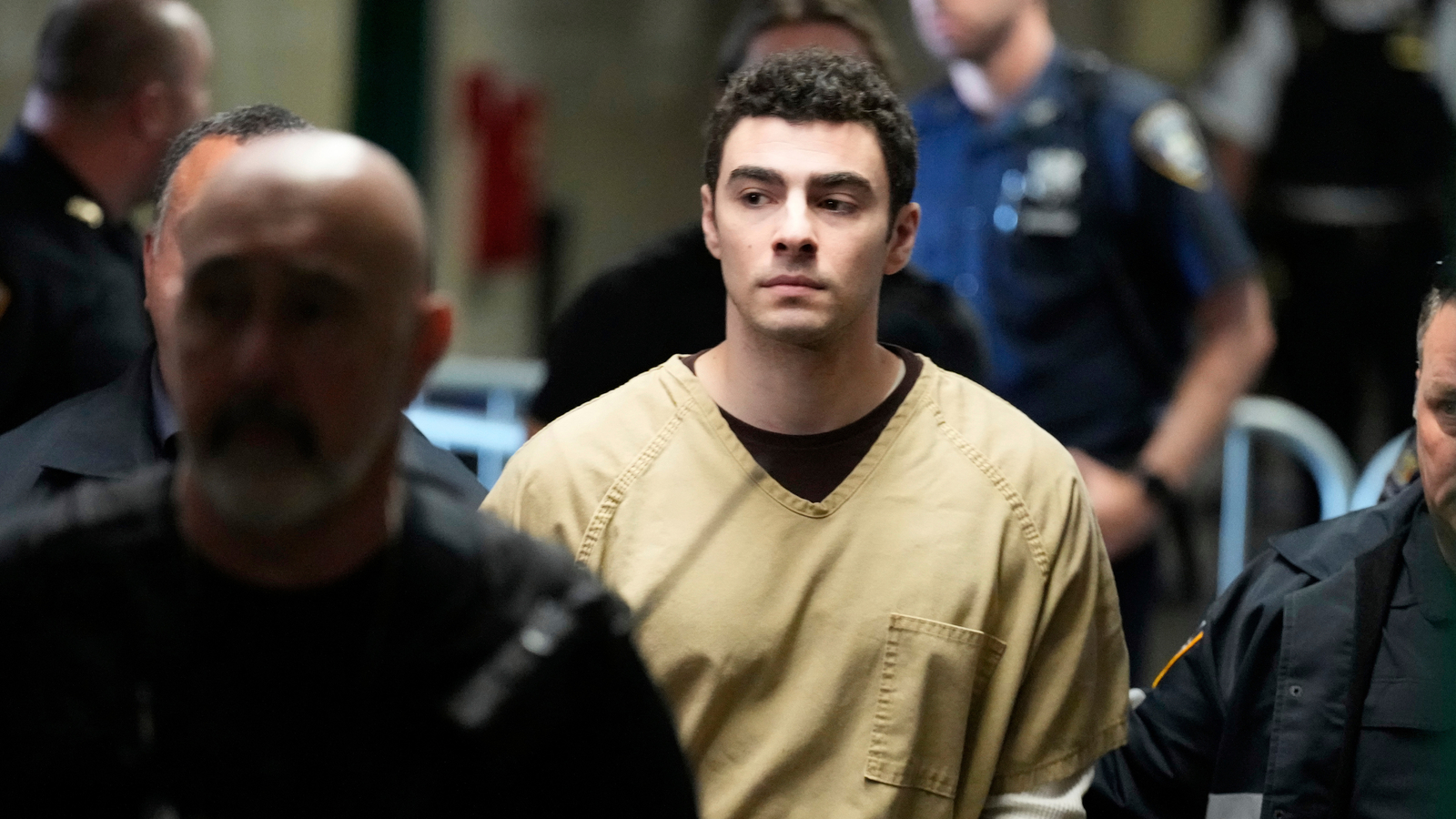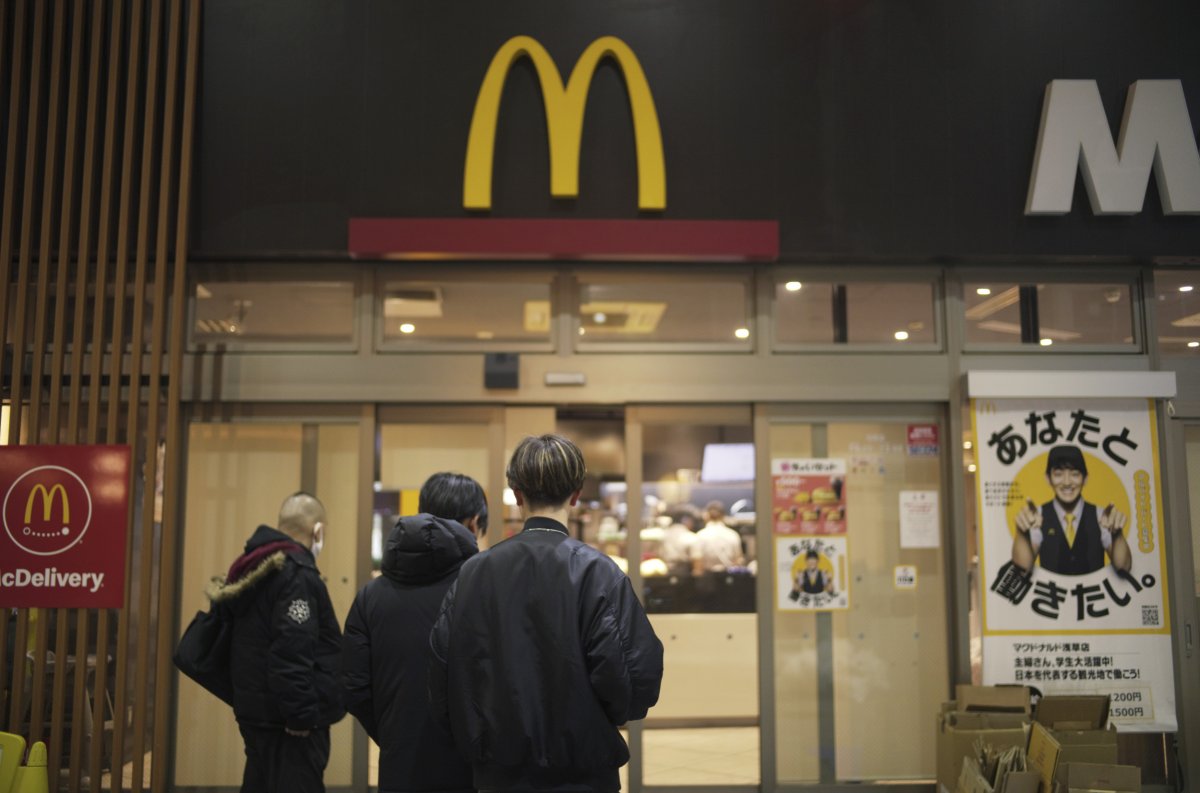
Court Rejects Trump Decision to End Parole for 430,000 Migrants
A federal appeals court in Boston has sided with the Trump administration in a major immigration case. On Friday, the 1st U.S. Circuit Court of Appeals rejected a challenge brought by immigrant rights advocates.
The case centered on the decision to revoke temporary legal status for hundreds of thousands of Cubans, Haitians, Nicaraguans, and Venezuelans living in the U.S.
The ruling overturned an earlier decision by U.S. District Judge Indira Talwani, who had blocked the revocations and questioned the authority of Homeland Security Secretary Kristi Noem.
Details of the Ruling
The three-judge panel, all appointed by Democratic presidents, concluded that Noem acted within her discretion under the Immigration and Nationality Act.
Judge Gustavo Gelpí, writing for the panel, acknowledged the harsh reality for migrants suddenly forced to choose between returning to dangerous home countries or risking detention in the U.S.
However, he said the plaintiffs failed to prove that the Secretary lacked authority to end the program on a categorical basis.
The Supreme Court’s Role
The U.S. Supreme Court had already weighed in earlier this year. In May, it put Judge Talwani’s ruling on hold, allowing the terminations to move forward.
That temporary action gave a strong signal of how the higher court might view the issue, influencing the appeals panel’s decision.
The Justice Department argued that ignoring the Supreme Court’s stance would be “a brazen request to defy the Supreme Court.”
Impact on Migrants
The ruling directly affects about 430,000 migrants who had received parole status under programs expanded by President Joe Biden.
Those programs, created in 2022 and expanded in 2023, had allowed Venezuelans, Cubans, Haitians, and Nicaraguans to stay in the U.S. temporarily if they passed security checks and had financial sponsors.
Between October 2022 and January 2025, more than 532,000 migrants benefited. Many now face uncertainty about their futures.
Advocates Respond
Immigrant rights groups expressed disappointment with the decision. Esther Sung of the Justice Action Center called the ruling “devastating.”
Still, she stressed that the ruling was narrow and that “there’s still room for us to prevail as the litigation continues.”
Advocates argue that ending parole in this way is not just a legal matter but a humanitarian crisis that threatens the safety of vulnerable families.
Political Context
The case highlights the ongoing clash between Republican and Democratic administrations over immigration policy.
Trump’s team moved to reverse Biden-era parole programs, citing security and abuse concerns. Critics say the move is politically driven and cruel.
The decision comes at a time when immigration is expected to play a major role in the upcoming election cycle.
FAQs
Who is affected by this ruling?
About 430,000 Cubans, Haitians, Nicaraguans, and Venezuelans who received temporary parole status under Biden-era programs.
What did the court decide?
The 1st Circuit ruled that Homeland Security Secretary Kristi Noem had authority to end the parole programs.
What role did the Supreme Court play?
The Supreme Court stayed a lower court ruling in May, allowing the Trump administration’s revocations to proceed.
What do immigrant advocates say?
They called the ruling “devastating” but believe the fight isn’t over as the case heads toward final judgment.
When were these parole programs created?
They began in 2022 under Biden, starting with Venezuelans and later expanding to Cubans, Haitians, and Nicaraguans.
Popular Categories





